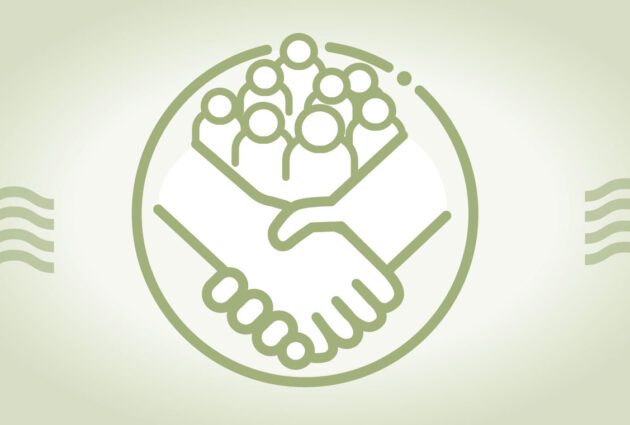Reducing Health Inequity Through Promotion of Social Connectedness
At a Glance
This grant awarded to the Nehamiah Community Development Corporation aimed to reduce racial health disparities by strengthening social connectedness and community leadership among African Americans in Madison. Grounded in the understanding that racism – not individual behavior – is a primary driver of poor health outcomes, the project focused on addressing Racial Battle Fatigue (RBF), the chronic stress caused by daily experiences of discrimination and microaggressions.
The Challenge
The African American community in Wisconsin faces significantly poorer health outcomes compared to their white neighbors, not because of individual choices alone, but due to deep-rooted social determinants of health. These disparities are compounded by the negative social environment that many African Americans navigate daily, which includes racial microaggressions and systemic discrimination. Such stressors lead to what scholars call Racial Battle Fatigue (RBF), which is a term that describes the cumulative stress response to persistent experiences of racism. Over time, this chronic stress can contribute to or worsen health conditions such as hypertension, heart disease, poor mental health and maternal health complications. In Madison, many African Americans experience social isolation, discrimination and structural barriers that hinder participating in community life and access to support systems. These challenges severely undermine health, well-being and social cohesion across neighborhoods.
Project Goals
The Nehemiah Community Development Corporation aimed to address racial health disparities by transforming the social and community context in which African Americans live and thrive. The long-term goal was to reduce RBF by fostering meaningful, supportive networks and empower African American leaders while also training white allies to recognize and disrupt systemic racism. To accomplish this, the project had three primary goals:
-
- Develop a self-sustaining leadership model for African American grassroots leaders by offering training, mentoring and neighborhood-based support structures that enhance social capital and empower community-led initiatives.
- Build a network of culturally-grounded young Black professionals through a nine-month leadership institute that includes career coaching, peer and mentor engagement and capstone projects focused on community change and professional development.
- Create a pathway to white allyship by offering history-based education on systemic racism and engagement in racial justice initiatives led by Black community members.
Results
As a result of this award, Nehemiah Community Development Corporation made progress in addressing racial health disparities in Madison. Through their Black History for a New Day course, more than 6,000 individuals – primarily white Madisonians – were educated on the roots and consequences of systemic racism in the United States. Course evaluation showed that participants developed greater awareness of their own biases and an increased willingness to engage in conversations and actions to reduce racism. Many have since taken concrete steps toward allyship and advocacy and over half participated in follow-up workshops, while others remain involved in community-based projects aligned with the needs of Black residents.
Furthermore, opportunities were expanded for Black Madisonians at both the grassroots and professional levels. The Exploring Principles of Leadership (EPL) program was offered 11 times during the grant period, providing foundational training in communication and conflict resolution. Despite challenges presented by the COVID-19 pandemic, which shifted community priorities toward meeting urgent needs, EPL graduates continued to lead neighborhood-based initiatives and received 1:1 coaching from Community Outreach Specialist. Simultaneously, the Justified Anger Leadership Institute (JALI) sustained nine full cohorts of young African American professionals, even amidst public health restrictions, by transitioning to virtual formats. JALI participants received coaching, mentorship and professional development and each cohort completed capstone projects that directly contributed to community well-being.
Throughout this work, Nehemiah Community Development Corporation also trained white allies to identify and support Black-led community initiatives. In addition to the Black History course, they offered structured “Next Steps” workshops and created issue-based affinity groups – covering topics like housing, education and criminal justice – where white participants could act on what they learned under the guidance of Black leadership. These collective efforts strengthened interpersonal relationships and laid the groundwork for long-term systems change rooted in racial justice.
Lasting Impact
This project has generated a scalable model of racial equity and social cohesion that can be adapted for communities beyond Madison. The history training curriculum and leadership programs have already gained attention from groups in other cities and states. As interest continues to grow, the tools and practices developed through this grant can inform broader strategies to reduce health disparities by transforming the environment in which people live.
